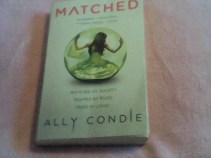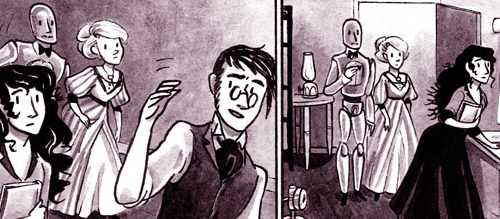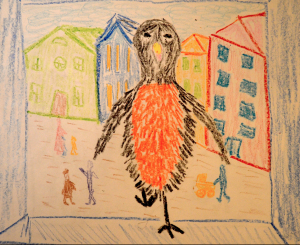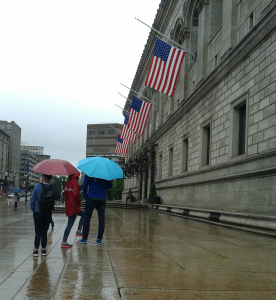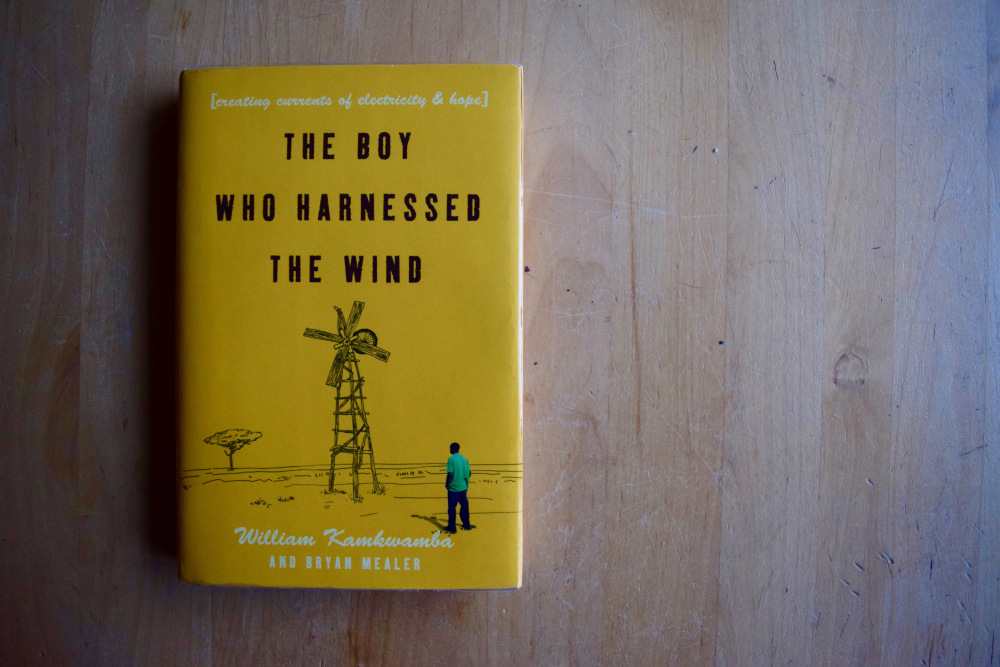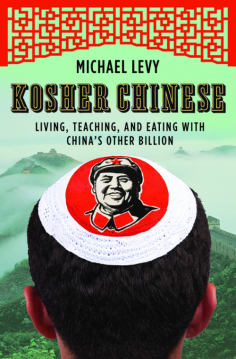
“I held the ball and took a deep breath. The trip to the game had included a teammate crapping in a bag; my cheering section included a girl from a tiny village forced to go to work at age twelve; my team nickname was Friendship Jew. But the hoop was still ten feet high. A rebound was still a rebound. As long as I was allowed to play the game, the differences surrounding it faded away.”
Kosher Chinese is the Peace Corps memoir of 29-year-old Michael “Mike” Levy, detailing his two years in Guiyang, China.
The book has everything you’d expect from a 29-year-old American male writing about his experiences—enough pop culture references to make your head spin, basketball games with some of the students, and awkward toilet experiences. What sets this particular narrative apart from the usual barrage of American-Abroad memoirs is that Levy was the first PCV (Peace Corps Volunteer) at Guizhou University, and he’s Jewish.
Although he portrays himself as a practicing but skeptical Jew, the book opens up with him confessing to some of his hosts that he’s a “special person too” and unable to eat the crunchy millipedes in front of him. This experience sets the tone for the book, and suffers in the same way—while there is a clear linear narrative presented in the book, it could be strengthened. Trying to boil two years in 240 pages is tough, and the book would have benefited being a little longer.
The book handles the cultural breakdown between America and China with humor; upon finding out that Levy is Jewish, the usual response is “Comrade Marx was Jewish, too!” Even with the creation of a kind of Judaism club at the university where Levy taught, the students didn’t quite grasp what Jewish, or even American, culture was about— as evidenced by the task Levy was asked to do on Christmas Eve: dress up as Santa Claus and run around the mall, yelling at everyone to buy stuff.
The most touching part of Levy’s experience was his friendship with three young Bouyei girls. The Bouyei are one of China’s many ethnic groups, and Levy ventures to a Bouyei village after being told that the Bouyei are “primitive” and warned against interacting with them. Because of his friendship with one of the girls in particular, whom he calls Big Twin, he’s given insight not only into one possible life story for one of China’s ethnic minorities, but also the practice of guanxi, which can be seen as a sort of you-rub-my-back-I’ll-rub-yours relationship between Chinese individuals.
Guanxi is one of the large themes of the book as Levy tries his best to navigate Chinese culture in a part of China that, while having a Wal-Mart and a Pizza Hut, is otherwise vastly culturally and economically different from the more “advanced” coastal cities the average American is familiar with. Levy handles his role as a PCV and a human being with a moral code unlike his hosts with grace at times, and with shame at other times. He asks a lot of hard-hitting questions, but unfortunately, he doesn’t really expand on the answers he’s found, when there were answers. In particular, the lives of the three Bouyei girls that he befriended are treated in a very rushed way at the end of the book, and it would have been great to have had this relationship and their lives brought out more.
All in all, the book is a quick, interesting read and Levy handles the American-Abroad subject matter with a sense of humor and willingness to ask the hard questions some Americans find themselves unable to.
Author’s Note: I received this book in exchange for an honest review. All opinions are my own. Share this:
